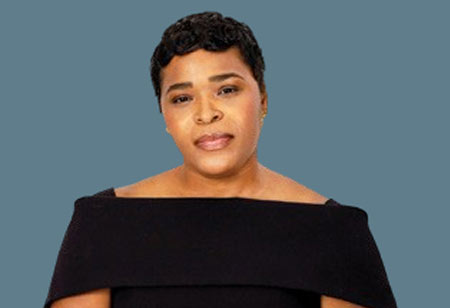Thank you for Subscribing to Healthcare Business Review Weekly Brief

Mentorship Challenges for African American Women Healthcare Leaders
Healthcare Business Review
African American women face levels of barriers to leadership positions in healthcare, in part due to the intersectionality of race and gender. Many potential factors affect the career advancement of women in the healthcare field, including gender disparities associated with differences in education, professional experiences, career aspirations, and organizational support. The one barrier is always a lack of mentoring.
They receive less career mentoring and organizational support than men and white women. The lack of African American women in leadership positions in healthcare fields is problematic for several reasons. First, it is important to increase their number in executive positions because healthcare providers must know a patient’s beliefs, religion, culture, and values to understand their access to healthcare. Second, it is crucial to increase the number of racial and ethnic minorities in this field because racial and ethnic minority health professionals are more likely to provide culturally competent care to racial and ethnic minorities. Culturally competent care describes the ability of a healthcare provider to be able to provide care to patients with the same racial and ethnic backgrounds. The lack of African American women in healthcare leadership positions not only impedes their own aspirations and career advancement opportunities but hinders the healthcare field and quality of patient care.
As such, the barriers to my career advancement in healthcare led me to better understand how formal mentoring and self-select pairing could help me overcome and address barriers to my career advancement. The informal relationships gradually evolved and included shared ideas as well as advice. The relationships I formed provided an encouraging atmosphere that pushed me to continue my journey to career advancement. Self-selected pairing also allowed my mentors to willingly want to develop an ongoing supportive relationship.
Most of my mentors took the time to counsel me and make sure I was equipped with all the knowledge and tools needed to be successful. Having the freedom to select my mentor allowed me to look internally and externally at their organizations. Integrative support, system development, system linkage, and network support were all ways my mentors helped me gain resources and support to boost my career. The voluntary aspect of the relationship led to enhanced promotions as well as career goals.
When you increase the number of racial and ethnic minorities in healthcare fields, racial and ethnic minority health professionals are more likely to provide culturally competent care to minorities.
Healthcare providers who reflect the population they serve can provide knowledge of a patient’s beliefs, religion, culture, and values to help healthcare professionals understand their access to health and healthcare. When you increase the number of racial and ethnic minorities in healthcare fields, racial and ethnic minority health professionals are more likely to provide culturally competent care to minorities. Therefore, healthcare organizations will seek diverse staffing to reflect their patient population.









